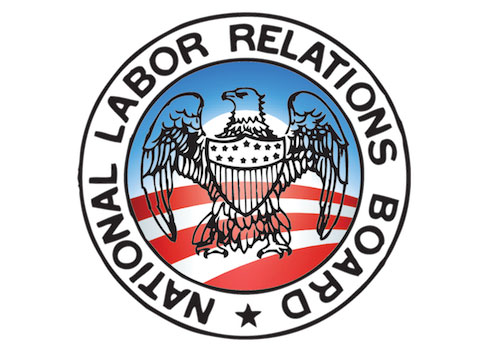A federal appeals court ruling Friday casts doubt on the legality of actions taken by the National Labor Relations Board since President Obama recess-appointed Sharon Block, Terence Flynn and Richard Griffin to the board in January 2012.
The White House had argued that the Senate was in recess because it was only holding pro forma sessions at the time of the appointments.
Without the recess appointments, the board wouldn’t have had enough members for a quorum, preventing it from taking action on a number of controversial issues. Republicans in the Senate have blocked several nominees, saying the board has shown a pro-union bias.
The administration is likely to appeal the decision, but if it stands, hundreds of NLRB decisions that have been handed down in the past year would suddenly become invalid. Critics of the administration say the past year’s decisions have been strongly pro-union.
In one example involving trucking companies, the NLRB has expanded powers for unions to get information from employers. Whenever unions are bargaining or filing grievances, they are allowed to ask their employers for relevant information. For a long time, employers had some leeway to resist these requests. In a November decision involving two trucking companies, the NLRB ruled that an employer must timely respond to a union request seeking relevant information even when the employer believes it has grounds for not providing the information.
The American Trucking Associations is among those who has criticized the activities of the NLRB under Obama. In a brochure last year for a form for motor carrier attorneys, it advertised “An Update on the (Hyper)Activity of the NLRB.”
“We warned last year that by appointing these members to the NLRB in such a controversial fashion, the president placed a cloud of uncertainty over the agency and its work. The D.C. Circuits historic decision has confirmed our concerns,” said Tom Donohue, president and CEO of the U.S. Chamber of Commerce, in a statement.
White House press secretary Jay Carney, however, said the ruling would not affect the board’s operations and indicated the Obama administration strongly disagreed with the court’s decision.
The NLRB also disagrees with the ruling, said NLRB Chairman Mark Pearce in a statement, saying the board “believes that the presidents position in the matter will ultimately be upheld. “In the meantime, the Board has important work to do. The parties who come to us seek and expect careful consideration and resolution of their cases, and for that reason, we will continue to perform our statutory duties and issue decisions.”
